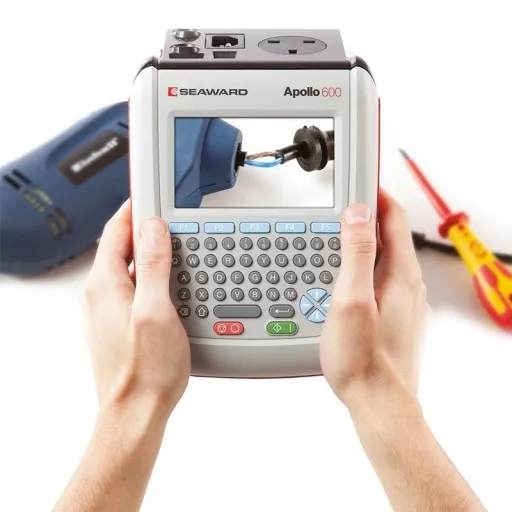Non-Sleeved Plugs: A Risky and Outdated Technology
Electrical appliances are an essential part of modern life. From kitchen gadgets to office equipment, we rely on them to make our lives easier and more comfortable. However, we often forget that they can also pose a significant danger if not used safely. One such danger is non-sleeved plugs.
A non-sleeved plug is a type of electrical plug that does not have an insulating sleeve surrounding the base of the pins. This means that the metal part of the plug's pins is exposed, which can potentially increase the risk of electric shock or short circuits. Non-sleeved plugs were commonly used in the UK in the past, but they have now been replaced by plugs with insulating sleeves or other safety features.
So, why should non-sleeved plugs be changed? The answer is simple: they are a significant safety hazard. Here are some of the dangers associated with non-sleeved plugs:
Electric Shock: The exposed metal pins of non-sleeved plugs can pose a serious risk of electric shock, especially if they come into contact with moisture or if they are touched with wet hands. Electric shocks can range from mild to severe, and they can cause injuries, burns, and even death.
Short Circuits: Non-sleeved plugs can also cause short circuits if they come into contact with metal surfaces or other conductive materials. This can cause appliances to malfunction, start a fire, or even explode.
Non-Compliance: Non-sleeved plugs do not comply with the current safety regulations in the UK. The UK has strict safety standards for electrical appliances and equipment, and non-sleeved plugs do not meet these standards.
In addition to these dangers, it's important to note that electrical appliances and equipment need to be regularly tested for safety. This is where Portable Appliance Testing (PAT) comes in. PAT testing is a process of checking electrical appliances and equipment for safety hazards, such as faulty wiring, exposed metal parts, or loose connections. Non-sleeved plugs are a common issue that can be detected during PAT testing.
If you have non-sleeved plugs in your home or workplace, it's important to have them replaced and to schedule regular PAT testing to ensure the safety of yourself and others. PAT testing is usually carried out by qualified electricians or PAT testers, and it involves a visual inspection and a series of tests using specialist equipment.
In conclusion, non-sleeved plugs are a risky and outdated technology that should be changed. They pose a serious risk of electric shock, short circuits, and non-compliance with safety regulations. If you have non-sleeved plugs in your home or workplace, it's important to have them replaced with safer plugs and to schedule regular PAT testing to ensure the safety of your electrical appliances and equipment.
Example of a Non-Sleeved Plug
Example of a Sleeved Plug
Services We Provide
-

Portable Appliance Testing (PAT Testing)
We provide PAT testing, which is a process of regularly inspecting and testing electrical appliances to ensure their safety for use in various settings.
-

Fire Alarm Service & Maintenance
We provide fire alarm servicing & maintenance in buildings to ensure their proper functioning and prompt detection of any potential fire hazards.
-

Fire Extinguisher Service
Fire extinguisher servicing to ensure that they are in proper working order and capable of effectively extinguishing fires when needed.
-

Emergency Lighting Test & Maintenance
Emergency light testing is the inspection and testing of emergency lighting to ensure that they will be functioning in the event of an emergency.
-

Fire Risk Assessments
We carry out Fire risk assessments to identify potential fire hazards in your building and recommend appropriate measures to minimize the risk of fire.


